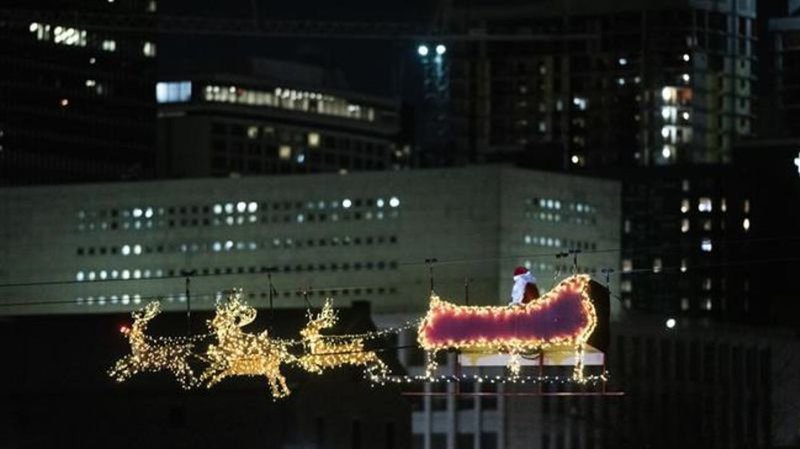
‘The right thing to do’: Canadians differ on holiday plans in light of Omicron threat
It’s beginning to look a lot like … last year.
Festive feasts, gift exchanges and winter fun with loved ones are being cancelled or limited as COVID-19 rips through Canada for the second holiday season in a row, the highly-transmissible Omicron variant driving extra caution.
Still, some are moving forward with plans to celebrate, weighing the risk of contracting the disease or relying on vaccinations to provide safety.
“Literally, last Christmas, we kept all the blinds closed because we didn’t want anyone to see that we were eating dinner because we weren’t allowed,” Patricia MacDowell said on the phone from her Montreal home as she stuffed a turkey in preparation for Christmas Eve dinner.


